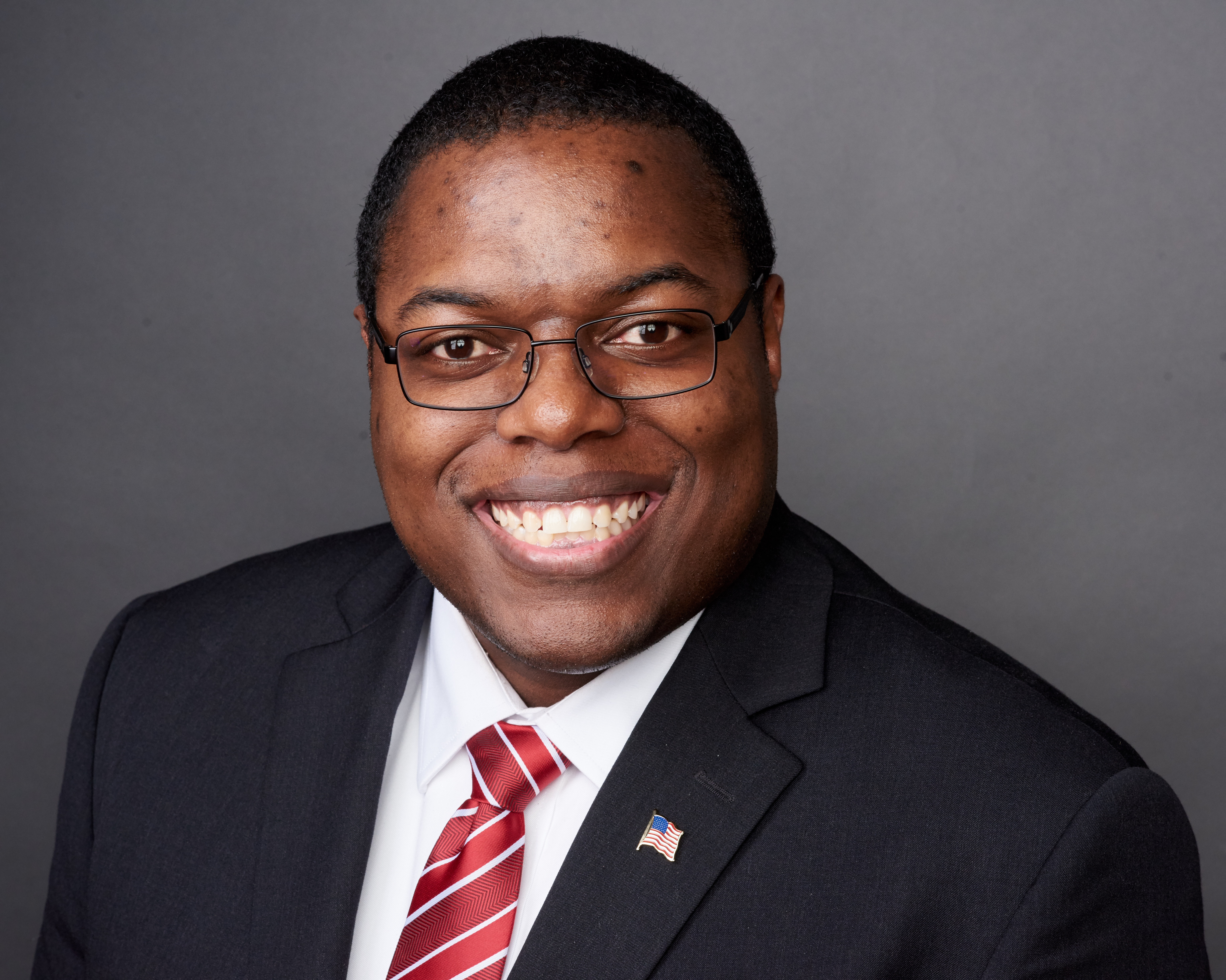
By then, Bacon’s rebellion was falling to pieces. News had taken months to travel to England, and Charles II took until late October to respond. Rebellion Fizzles Upon Bacon's Deathįinally, the Crown intervened. As the embattled governor fled, Bacon’s supporters terrorized what remained of the town and the governor’s supporters. On the night of September 19, they torched the entire town, burning it to the ground. In response, Bacon and his men rushed into Jamestown, burning and pillaging as they went. Governor Berkeley had been traveling throughout Virginia to recruit supporters of his own, and returned to Jamestown to issue a final proclamation condemning Bacon. Among the mob were black and white indentured servants. Bacon and his men began conducting their own raids around the colony, attacking friendly tribes like the Pamunkey people, and gathering more supporters as they went. He accused Berkeley of trying to force the colonists into a civil war-while fomenting one of his own. Berkeley accused him of rebellion and treason, and Bacon responded with heated proclamations of his own, accusing the governor of having sold “his, country and the liberties of his loyal subjects to the barbarous heathen.” Instead, Bacon retreated and began traveling throughout Virginia, recruiting other disgruntled rebels. In March 1676, after attacking a friendly tribe and falsely accusing them of stealing his corn, Bacon insisted that the governor finance and support a militia to attack Native Americans on the colony’s border. Bacon, who had recently arrived in Virginia and was Berkeley’s cousin by marriage, was disgusted by what he viewed as the governor’s disloyalty and unfairness. But his attempts to appease all sides failed, especially when he used new trade rules to increase his wealthy friends’ fortunes. When the colonists called on their governor for military support, he refused.īerkeley had long tried to balance his colonists’ wishes against those of the tribes on Virginia’s borders. There, they faced threats from Native Americans intent on protecting their ancestral lands.

Poor farmers had been hit hard by falling tobacco prices, and many on the borders of the colony’s frontier wanted to expand westward.

Only people who owned land could vote, and the indentured servants and poorer Virginians who did not felt disenfranchised. But for poorer Virginians, times were lean. Jason Miyares defeated incumbent Democratic incumbent Mark Herring to become the state's next attorney general.At the time, wealthy settlers had built profitable tobacco plantations and used their crops to pay high colonial taxes. Terry McAuliffe in the race for governor, and Republican Del. On Tuesday, Republican Glenn Youngkin defeated former Democratic Gov. Sears' victory came as part of a GOP sweep of three statewide offices in Virginia that sent shock waves across the country. I took advantage of the opportunities available here in America." "And I didn't do anything special to get here, except stay in school and study. "How are you going to tell me I am a victim?" she asked. "I am a heartbeat away from the governorship, in case anything happens to the governor." You see, I am destroying all of the narratives about race. "If we stop looking at race and look at people. And unfortunately, politicians are using it as a tool because of the things that happened to us historically to advance, I think, their nefarious purposes," she told MacCaullum.

"We are framing too many issues in terms of race. She repeated that same sentiment on Wednesday while criticizing Democratic attempts to divide the country along racial lines. citizen from Jamaica, delivered a rousing speech Tuesday night after defeating Democrat Hala Ayala, in which she referred to herself as "living proof" of the American dream. Winsome Sears challenges Joy Reid to debate after 'dangerous' claim Sears, a Marine Corps veteran and naturalized U.S. Sears doubled down on Twitter, calling Reid's comments "shameful."


 0 kommentar(er)
0 kommentar(er)
